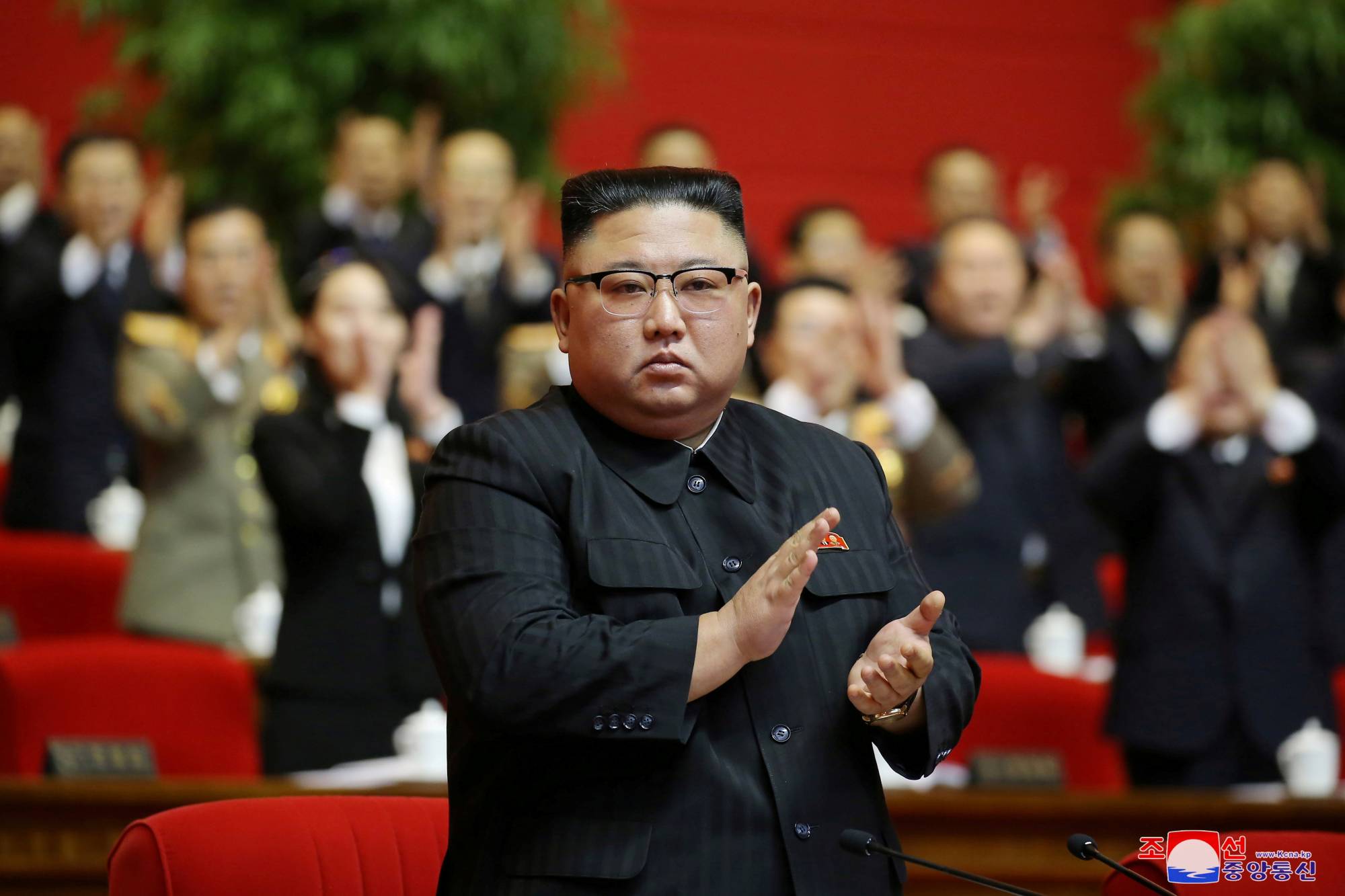North Korean leader Kim Jong Un presented a new five-year economic plan and conceded that the country’s economy is struggling at a Workers’ Party Congress earlier this month. On close examination, North Korea’s economy is showing deeply troubling signs, including a dysfunctional foreign exchange market, a steep drop-off in trade and increasing food costs. International sanctions and coronavirus lockdowns have resulted in an unprecedented level of isolation that is quickly becoming an existential issue for Kim.
Since last year, Pyongyang has replaced lost export earnings by tapping new revenue streams at home. The new five-year plan continues this theme, increasing self-sufficiency and consolidating centralized control; it’s more or less a continuation of policies announced at last year’s Fifth Plenary Meeting of the 7th Central Committee. But any hopes that these policies will precipitate growth are mistaken. Far from addressing contradictions between the state’s ambitious economic goals and the constraints of a parasitic political system, this plan aggravates them. A wide chasm between the economy on paper for central planners and the one in reality has gone unaddressed. The message between the lines is that security imperatives will once again undermine economic priorities and the people will be asked to compensate for the government’s lost revenue streams abroad.
We saw hints earlier this year that North Korea may have abandoned its previous five-year plan, the economic blueprint laid out in 2016. Now we have confirmation that this plan is being labelled a failure. The new Party Congress report on the activities of the 7th Central Committee (a summary of Kim’s guidance) concedes that growth targets were not met, “serious mistakes” were made in managing the economy and the standard of living was not improved. This might seem like a startling burst of candor from Chairman Kim.



















With your current subscription plan you can comment on stories. However, before writing your first comment, please create a display name in the Profile section of your subscriber account page.